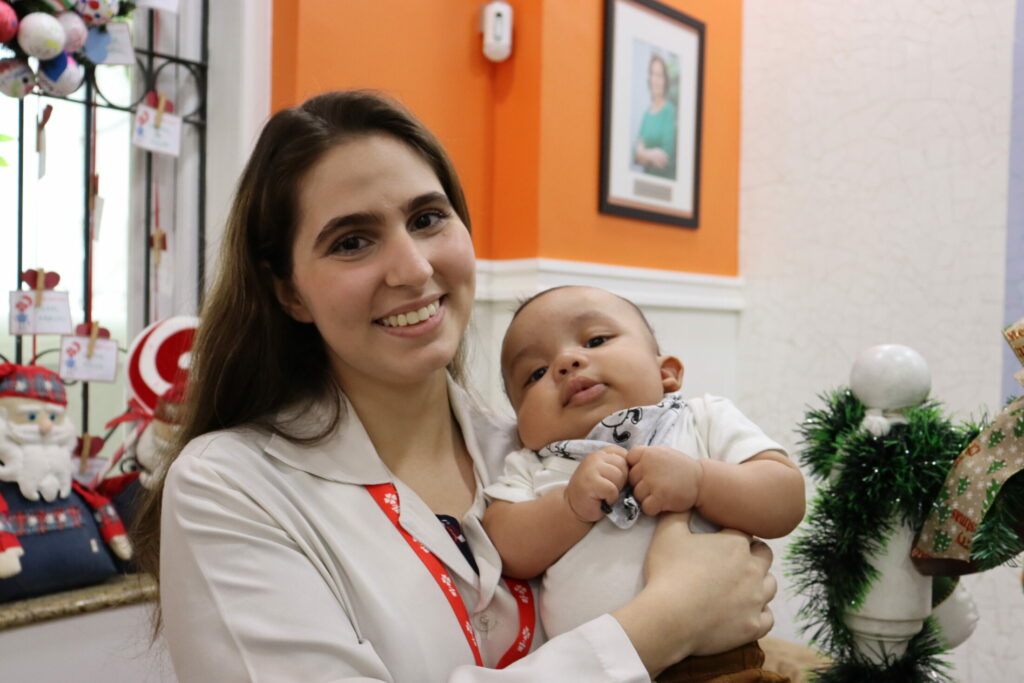National Congenital Heart Disease Day draws attention to the need for preventive exams
National Congenital Heart Disease Day draws attention to the need for preventive exams
30/04/2024
Celebrated on June 12th, National Congenital Heart Disease Awareness Day has been gaining more expression each year due to the importance that the date has for society in general. In Brazil, around 50% of patients do not undergo adequate treatment for these anomalies due to lack of diagnosis or access to a center capable of carrying out the treatment.
With the improvement of care in the perinatal period, infectious-parasitic diseases and preventive measures against child malnutrition, congenital anomalies became the second main cause of child mortality, second only to prematurity.
Among these anomalies, the most common, and with the highest mortality, are congenital anomalies of the cardiocirculatory system: around 8 to 10/1000 live births are compromised by some type of them. Approximately 20% of cases end up resolving spontaneously or present a small degree of hemodynamic compromise, that is, with little clinical repercussion, few and well-tolerated symptoms.
In the State of Rio de Janeiro, two thousand children are born every year with some type of heart disease. Of these, 40% will require intervention within the first year of life.
Improving care for children with heart disease has a direct impact on reducing child mortality. Therefore, the importance of early diagnosis. Fetal echo during pregnancy and the oximetry test are non-invasive tests that can identify congenital heart defects early.
Interventricular communication, in which the child presents increased pulmonary blood flow and symptoms of heart failure, is the most common congenital heart disease. Among the cyanotic ones, the one with the highest incidence is Tetralogy of Fallot.
Some heart diseases require surgical treatment in the neonatal period, with emphasis on transposition of the great vessels and hypoplasia of the left heart. In these cases, if not treated within the appropriate period, mortality reaches more than 90% within the first year of life.
With advances in current care, around 85% of patients with congenital heart disease reach adulthood, around 40 years of age.
Surgical treatment can be corrective, but in some cases correction is impossible. In these situations, so-called palliative surgeries are performed, with the aim of improving symptoms, but maintaining an altered cardiac anatomy. Some patients require three or more staged surgeries throughout their lives to complete treatment.
Just like adults, children with advanced heart failure may be candidates for a heart transplant. In cases of clinical suspicion of congenital heart disease, a pediatric cardiologist should be sought immediately and, whenever any intervention is necessary, it is important that it is carried out by a team and center specialized in this area.
Dr. Andrey Monteiro is a pediatric cardiac surgeon at Pro Criança Cardiac and President of the Department of Pediatric Surgery at the Brazilian Society of Cardiovascular Surgery.
Related articles

The 2025 World Top SGOs Are Live

Pro Criança Cardíaca has already secured its registration for the 2025 Best NGOs Award
